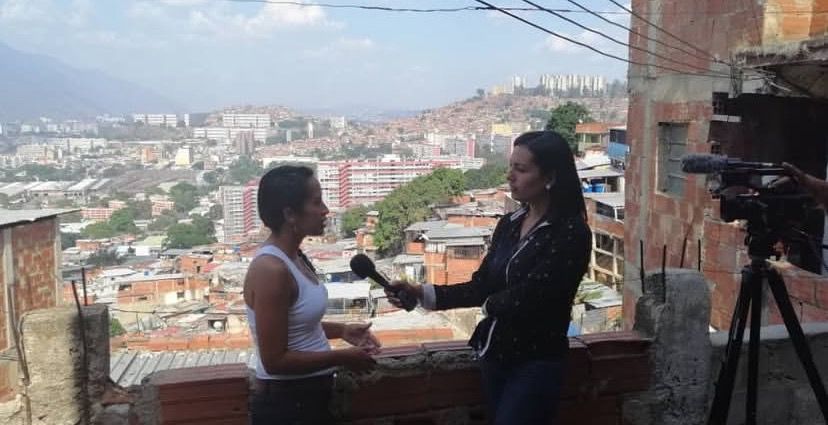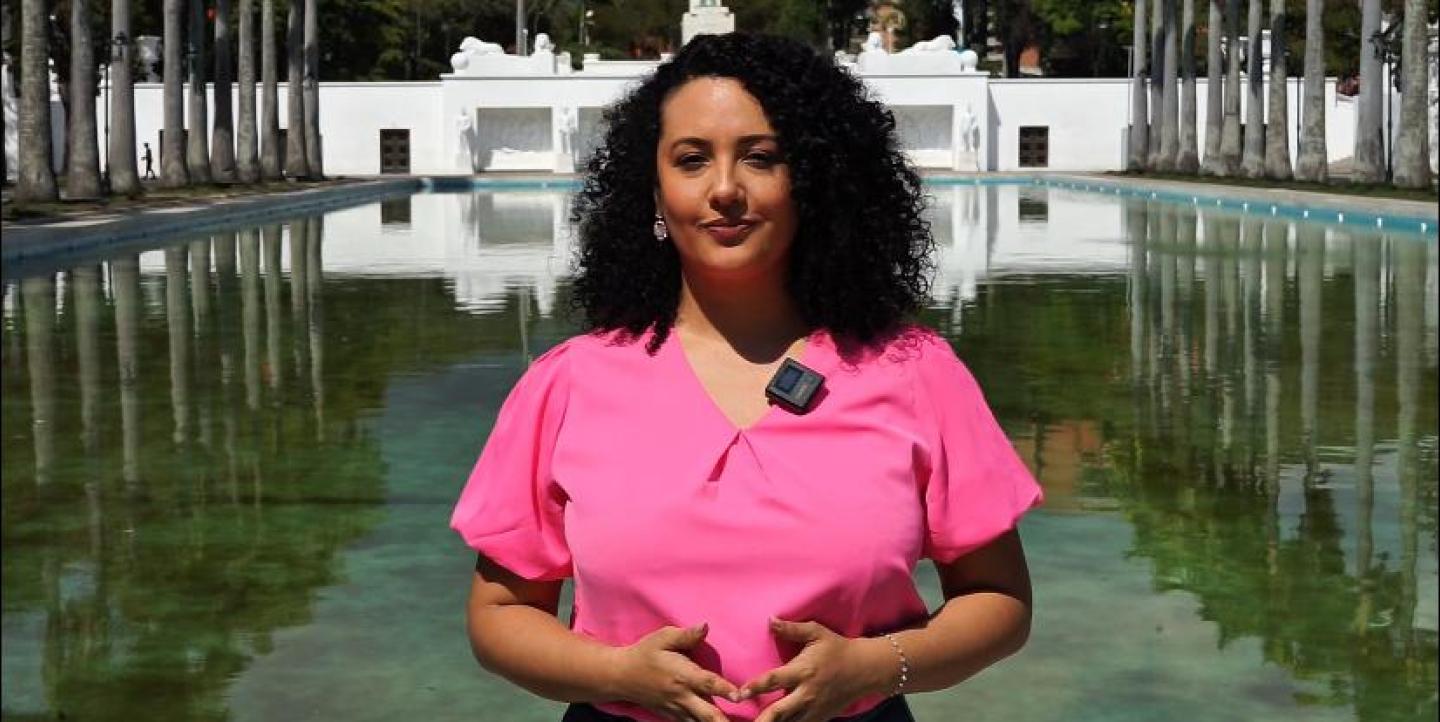For more than a decade, Ana María Rodríguez Brazón has reported on conflict, politics, and religion in her native country of Venezuela, where she’s based out of the country’s capital of Caracas.
Currently working as a correspondent for the Colombian newspaper El Tiempo, Rodríguez Brazón spoke with IJNet about her reporting background and the challenges associated with working as a journalist in Venezuela. She also offers advice for aspiring journalists across South America.
Here’s our conversation.
Would you tell me a bit about your background?
I am a journalist with more than 10 years of experience as an editor, reporter, broadcaster and producer, in print and digital newspapers, radio and television. I’m a contributor to national and international publications, on political and international issues and human rights.
Why did you decide to become a journalist?
I decided to become a journalist because I wanted to [report] about issues; I considered that people need a sensible journalist who writes and talks about their demands.
When I decided to become a journalist, my country, Venezuela, started as an authoritarian regime that then became a dictatorship. I thought: people need more journalism.
What does a typical day at work look like?
A typical day at work in Venezuela is not the same every day. Sometimes you can go to the street to do a report and it is not possible to return to your home. Why? because the security forces can arrest you. In fact, this can happen in your home.
Now, there are 20 journalists in prison. After the July 28 presidential election in 2024, government persecution increased.

How would you describe the media environment in Venezuela?
For many reasons, the media environment in Venezuela is complicated. In recent times, about 400 media outlets were closed, reducing the number of jobs for journalists.
In general, Venezuelan journalists have been compelled to change the way journalism is done. Previously, getting the scoop and witnessing events as they happened were most important. Now, the most important thing is personal security. For this reason there are many WhatsApp groups to take care of each other.
How has IJNet supported your work?
For me, IJNet is an important support for my work. Every newsletter has resources, advice, and material necessary for me, in particular about journalism security, advice for freelancer jobs and fellowships.
Also, other testimonies are very interesting for my work. For me, every IJNet article promotes learning and help.
I consider IJNet a fantastic platform because sometimes journalists do not find resources or advice, especially in countries with many restrictions including the internet being blocked, persecutions and censorship. For me, IJNet has been a window to learn about other perspectives, opportunities and networks.
What advice would you give to aspiring journalists in South America?
Our region has many challenges, especially for finding a good government system. The constant violation of human rights should be a motivation to study journalism, and obviously the defense of democracy. The journalist isn't a judge but can help tell good and sensible stories.
Is it possible to change or save a life? Yes! Now in the influencer times and with digital media, there is a great opportunity for that, but without forgetting the essence of journalism: the people.
Photos courtesy of Argenis Uribe.
This interview has been edited for clarity.


